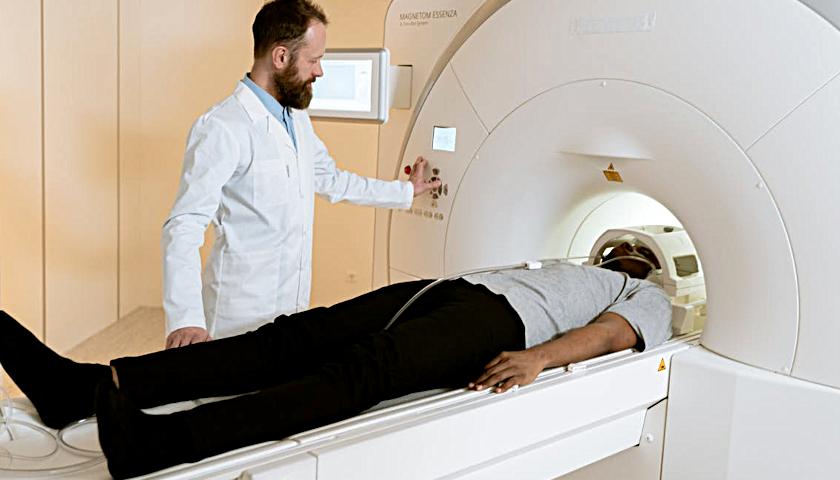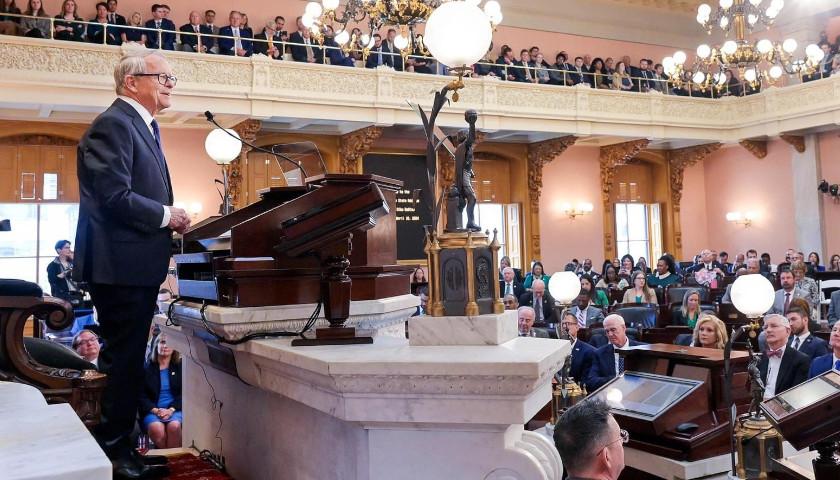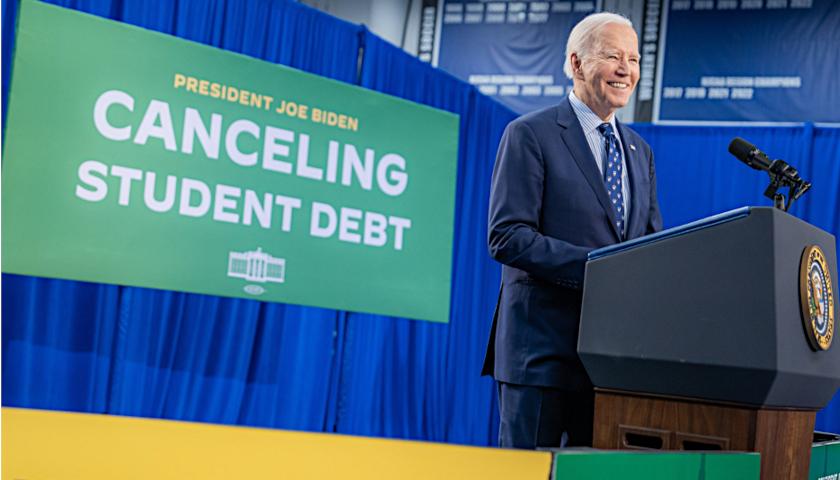by Tyler Arnold
Ohio Senate Republicans expect a budget bill compromise to be reached for a vote by Wednesday’s deadline, according to spokesperson John Fortney.
“We are very close, and we expect the budget to be ready for a vote before the interim period ends,” Fortney told The Center Square via email.
Republicans currently hold the leadership in both chambers of the state legislature, but feuds over what should be done with the budget surplus funds caused the legislature to miss a July 1 budget deadline. The two sides pushed through a temporary spending bill to keep the government open until Wednesday (July 17) so they could have more time to craft a bill that both chambers could support.
The specifics surrounding this potential compromise have yet to be released, but both chambers previously passed bills that cut the state’s personal income tax and increased spending for environmental and educational wrap-around programs.
One of the main points of contention between House and Senate leadership has been the small business tax credit. Gov. Mike DeWine and Senate Republicans want to maintain the current credit, but House Republicans want to scale it back. Current law provides a tax exemption on 75 percent of a small businesses’ first $250,000 of income, but the House bill would shift that threshold to only $100,000, causing a de facto tax increase on businesses.
Both chambers voted to eliminate income tax for all Ohioans who earn $22,500 or less. However, the Senate plan also provided an 8 percent income tax cut across the board, while the House plan provided a 6.6 percent income tax cut across the board. These cuts would be phased in over the two-year budget period.
The House plan eliminated the motion picture tax credit from the budget, which is a tax subsidy for the film industry. The Senate plan retained the $40 million annual fund and expanded its access to include broadway-style shows
The Senate plan maintained the $550 million increase in funding for wrap-around programs that DeWine proposed over the two-year budget period. The House plan increased this to $625 million.
The two sides have also feuded over a healthcare transparency bill that the industry has come out against. House leadership backed a plan to require hospitals to provide cost estimates on non-emergency procedures and products for patients; the Senate plan removed this provision.
The House is scheduled to be in session at 1 p.m. Wednesday and the Senate is scheduled to be in session the same day starting at 1:30 p.m. where the two hope to pass a budget compromise that can be signed by DeWine.
– – –
Tyler Arnold reports on Virginia, Ohio and Michigan for The Center Square. He previously worked for the Cause of Action Institute and has been published in Business Insider, USA TODAY College, National Review Online and the Washington Free Beacon.








